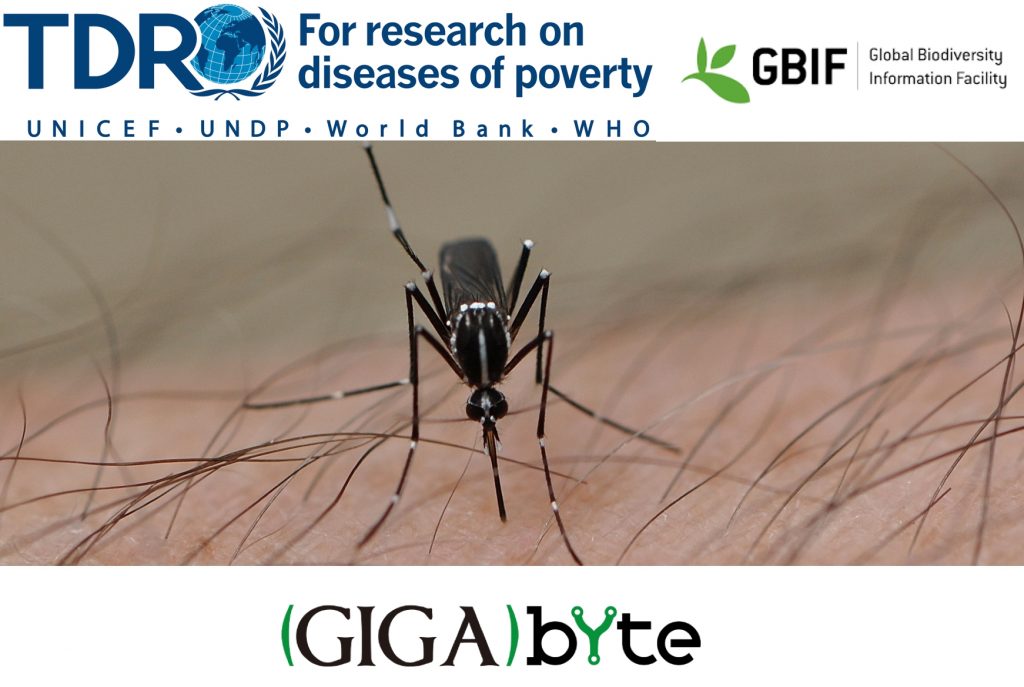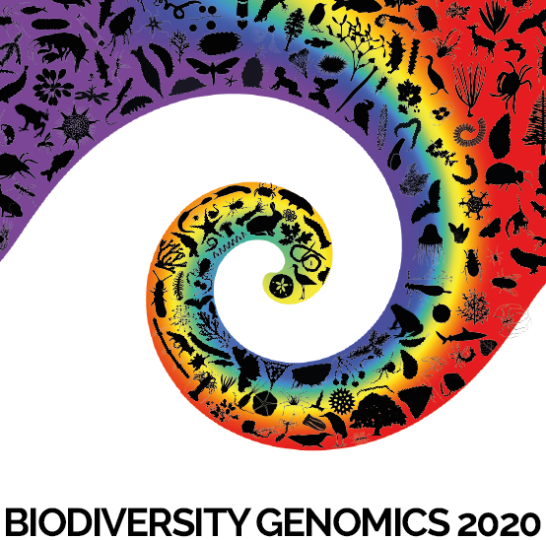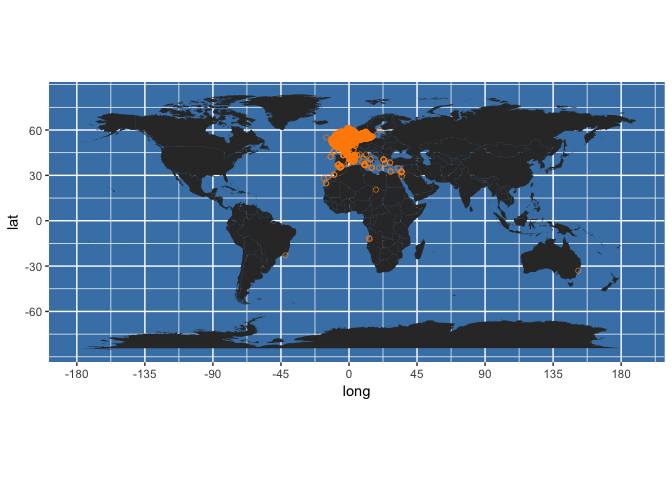
UPDATE: Deadline extended until 30 March 2022 or until maximum of 15 accepted manuscripts is reached—only a few slots remain! GigaScience Press partnering with GBIF are supported by TDR, the Special Programme for Research and Training in Tropical Diseases, hosted at the World Health Organization, to release a special issue for publication of new datasets presenting biodiversity data for research on vectors of human diseases.






